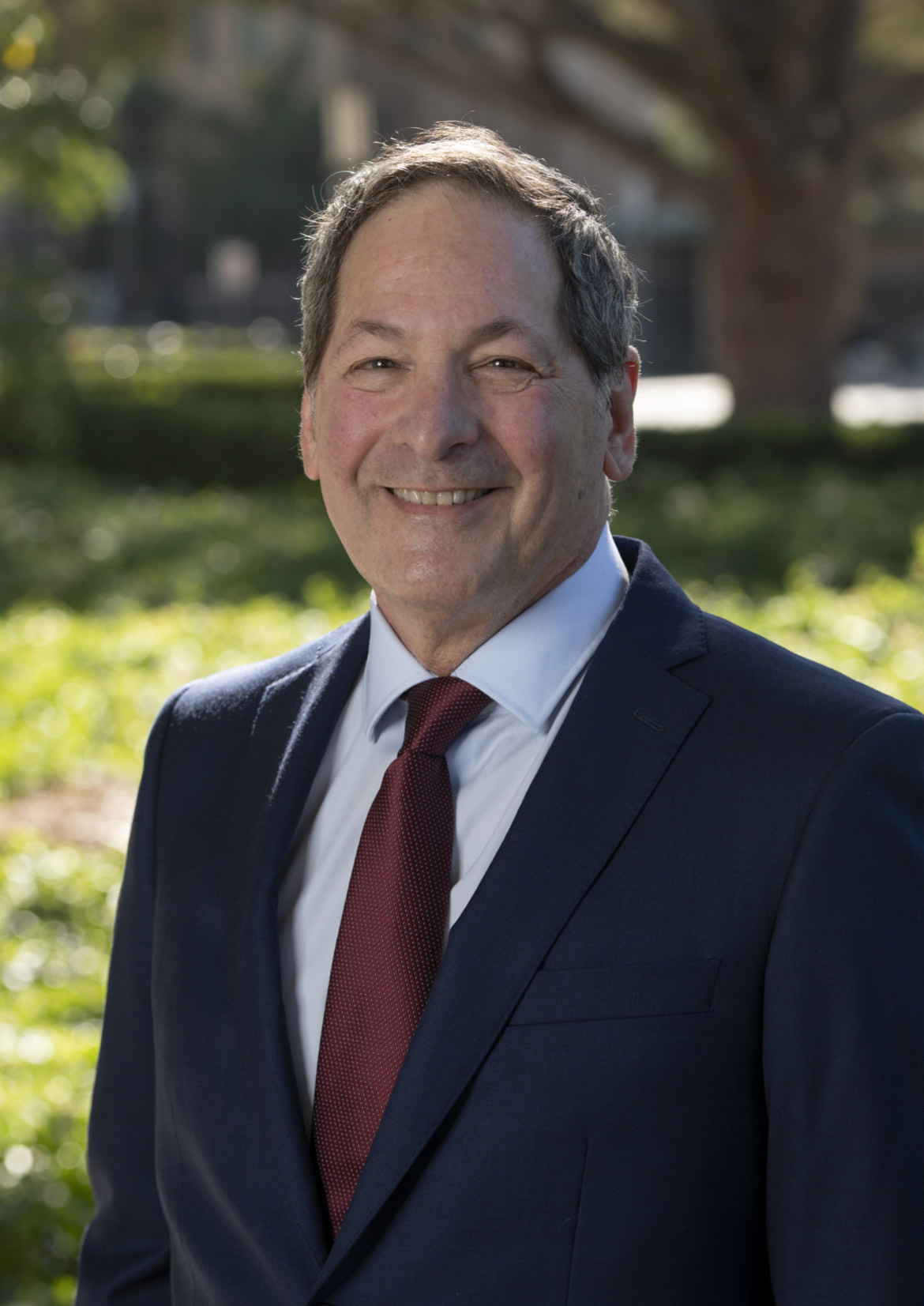UC Irvine Professor Emeritus and neurobiologist Michael Leon has been teaching on campus since 1980 and was recently ranked in the top 2% of scientists in the world in a Top Scinet analysis of research impact based on citation count.
Leon grew up in modest circumstances in Brooklyn, New York. Like most kids, he didn’t know what he wanted to do for a career and spent most of his time playing sports in the neighborhood.
“I played a lot of sports, mostly we played in the street,” Leon told New University. “I played a lot of basketball, a lot of ice hockey, a lot of roller hockey that is on a cement floor, softball … and swimming. I did a lot of that. So I was pretty active as a kid.”
Leon earned his bachelor’s degree in psychology from Brooklyn College and later taught 6th grade at an inner-city school in Brooklyn. During college, he developed a growing interest in science and began taking biology courses.
One summer, he joined a laboratory researching endocrinology and behavior. He started out cleaning rat cages but soon began doing research and attending lab meetings.
“I never thought that cleaning rat cages would be a good job, but it led to things that were really good for me,” Leon said. “And it’s been a wonderful career.”
He then decided to pursue a Ph.D. in neurobiology and behavior, getting accepted into UCI and University of Chicago’s brain and behavior graduate programs.
Though Leon chose to matriculate at the University of Chicago, he enjoyed visiting UCI and was grateful to return years later as a professor. At UCI, Leon began exploring the neurobiology of the olfactory system — the system responsible for sense of smell — to see if increasing olfactory stimulation could benefit the brain.
“I did that in rats and mice. And then I did that with infants on the first day of life. And then I did that with children with autism,” Leon said.
Leon’s most recent research examined whether increased olfactory stimulation in older adults led to an improvement in memory. His 2023 study, co-authored with UCI Professor Michael Yassa, exposed adults aged 60 to 85 to seven different scents for two hours each night, while a control group received reduced exposure.
Leon explained that modern environments often lack the sensory input necessary to keep the brain’s memory systems active.
“Unfortunately, we don’t get very much olfactory stimulation in our modern world,” Leon said. “In fact, if you took a deep breath now, you probably would smell nothing — and that has consequences. Even a chronically stuffed nose will result in memory loss.”
Participants exposed to enriched odors showed a 226% improvement in memory compared to the control group, and up to three times the improvement among participants with dementia or Alzheimer’s. Leon said the study offered a possible explanation for the close relationship between smell and memory.
“When you don’t get enough olfactory stimulation for any reason, your memory fails,” Leon said. “And that’s probably because the olfactory system — the smelling system — has the only direct superhighway access to the memory centers of the brain. The other senses have some impact, but because they have to go through the brain’s side streets, they don’t have as much impact as the olfactory system.”
Despite the study’s initial success, Leon and his team struggled to translate the research into a practical device. They realized few people would dedicate hours each day to smelling different odors.
This challenge inspired the creation of Science Lab 3, a neurotechnology startup that produces a device designed to improve memory during sleep called Memory Air. CEO Alan Bernstein, a longtime colleague of Leon, helped transform the research into a commercial product.
“It sits on your nightstand and blows 40 odors at you twice a night, with no effort,” Leon said. “So you don’t have to do anything to get it, the stimulation that your brain needs.”
Through UCI’s Beall Applied Innovation office, Leon patented his idea in 2020 under the name “Cognition and Memory Enhancement via Multiple Odorant Stimulation.” UC Irvine later granted Science Lab 3 an exclusive license, helping the company attract investors.
Leon said the most encouraging part of his work is hearing how Memory Air changes people’s lives.
“People report that their memory [has] improved,” Leon said. “One of them said that her husband would often complete her sentences because she would forget a word. And after a month on [Memory Air], she said that her husband said, you know, it’s been a month since you’ve been on it, and I haven’t had to complete any of your sentences.”
After more than four decades at UCI, Leon said his passion for research and teaching hasn’t faded.
“I really need to have interesting things to occupy my mind. I need to be learning new things. I need to be thinking about new things,” Leon said. “I’m happy to see people whose health is improving based on our findings.”
Ennes Kahf is a Features Intern for the fall 2025 quarter. He can be reached at ekahf@uci.edu.
Edited by Alyssa Villagonzalo and Annabelle Aguirre.

